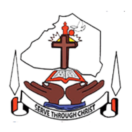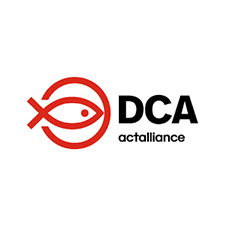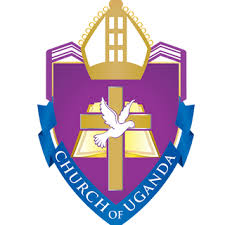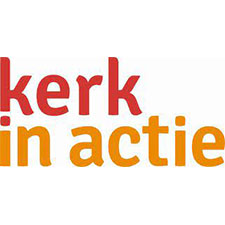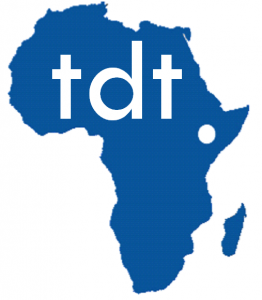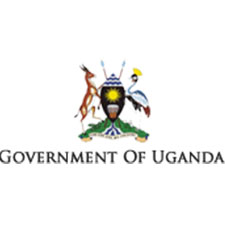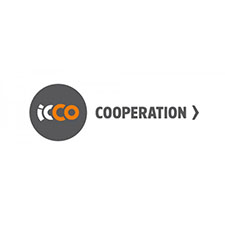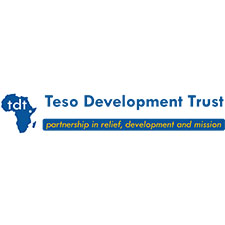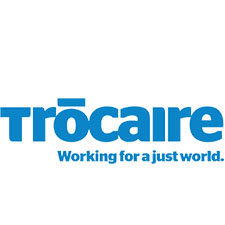GENDER AND SOCIAL JUSTICE
-
Low levels of human rights especially among females are prevalent in Northern and Eastern regions. Teso sub region is among the areas with the lowest levels of human rights. These two regions according to the Uganda Health Demographic Survey (2017) have the highest prevalence of Gender Based Violence.
The communities in Teso have endured decades of inter-ethnic violent conflicts from the Karimojong. This historical conflict revolves around cattle rustling/ thefts, competition for access and control of natural resources especially land, water and pasture. The Karimojong pastoralists forcefully graze their cattle and sheep in Teso region during the dry season and return to their traditional grazing areas with stolen animals. Whenever it rains and pasture sprouts and regularly sneak in and steal cattle from Teso. Both ethnic groups claim large chunks of land on either side of the border and accuse each other of land grabbing. This border conflict has resulted in misery as hundreds of people in Katakwi and Amuria Districts occasionally get displaced and lose their household items and productive assets.
Majority of the rural populations in Teso are constrained from accessing social justice. COU-TEDDO recognizes that this marginalisation has direct effects on people’s access to services like education, health, justice and productive resources among others leading to exclusion thus translating into a cycle of poverty.
This strategic plan will focus on addressing barriers to social justice and drivers of gender related violence through the use of the SASA Faith approach that seeks to address abuse of power and existing power imbalances. COU-TEDDO will work with men, women, legal duty bearers, religious and cultural leaders and communities to effect a change in attitudes, behaviors and practices related to GBV. Through this program area COU-TEDDO will undertake the following strategic actions:
| Strategic Action | Description of Strategic Action under Gender and Social Justice Theme |
| SA 1 | Change attitude, behavior and practices related to gender-based violence and HIV among men, women Religious and cultural Leaders. |
| SA 2 | Support the coordination and provision of GBV services |
| SA 3 | Empower Women to reduce their vulnerability to GBV. |
| SA 4 | Mobilize communities for Peaceful coexistence |
Key Results
3.1 Women and men empowered to access rights
3.2 Women and men empowered to access GBV prevention and response services
3.3 Women and men mobilized to benefit from Opportunities
3.4 Reduction in cases of conflict
Key Result 3.1 Women and men empowered to access rights
Key Outputs
- Women are empowered to speak out and claim their rights.
- Men support women to realize and enjoy their rights.
- Duty bearers have capacity to ensure women and men access and enjoy their rights.
- Religious and Cultural Leaders have the capacity to support men and women access and enjoy their rights.
Key Result 3.2 Women and men empowered to access GBV prevention and response services
Key Outputs
- Women and men are supported to access GBV prevention and response services.
- Duty bearers provide timely and quality GBV services.
Key Result 3.3 Women and men mobilized to benefit from opportunities
Outputs
- Women and men are mobilized to access and benefit from government programs and private sector led initiatives.
- Women have capacity to access and utilize empowerment opportunities.
Key result 3.4 Reduction in cases of conflict
Outputs
- Communities mobilized to peacefully coexist.
- Community capacity built to respond to conflicts.
- Negatively conflicted communities supported with emergency response interventions

